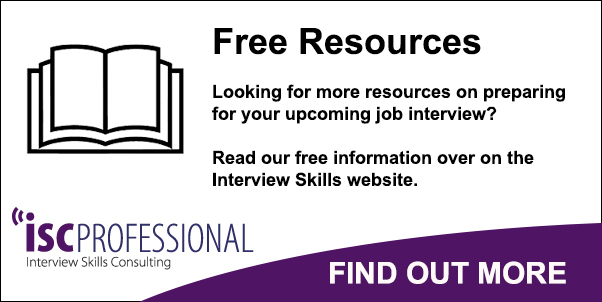How a Second Job Interview is Different from the First
You have just received great news- you have been offered a second interview. While you are excited about moving closer to securing employment, it is also quite normal to feel some trepidation about what is involved in the next stage of the recruitment competition.
Here we examine the purpose of second interviews, how they differ from first round encounters and what to do to achieve continued success.

Why have second interviews?
Second stage interviews are common practice especially in large scale recruitment exercises. Companies may see a significant number of applicants at stage one and so initially focus on the essential elements of their candidate search. With lower numbers at stage two the company can focus in on applicants who have met the basic criteria and made a positive impression. Second stage interviews allow them to delve deeper into who the candidate is as a person to assess the cultural fit between organisation and individual.
With lower numbers at stage two the company can focus in on applicants who have met the basic criteria and made a positive impression. Second stage interviews allow them to delve deeper into who the candidate is as a person to assess the cultural fit between organisation and individual.
How will the interview differ from round one?
Expect the questioning to be more detailed at the second stage interview. They want to get to know you much better. It is also likely to be more challenging in nature requiring on the spot consideration and creativity. They may return to question areas dealt with at round one in order to tie up loose ends and/or to check your consistency on these topics.
The company may use a different type of interview at round two- moving from an unstructured to a behavioural or competency based format. This should however be made clear in your invitation to interview. There may be additional or entirely different people interviewing at round two including more senior company representatives.
You may also get the chance to see around the workplace, meet with potential colleagues and ask relevant questions. This is a golden opportunity to gain a true insight into life as one of their employees.
Getting results at stage two interviews
Research– Now is the time to build on your existing knowledge of the organisation, its people and the role you have applied for. Add as much information to your existing analysis as possible, particularly if the panel includes different people than at round one-use platforms such as LinkedIn to build specific profiles. Focus on their strategic goals to assess their future direction- and then show how you can contribute to achieving these.
Review– Carefully consider the job criteria and the examples you provided at round one. Add new stories to your repertoire which clearly demonstrate how you match their requirements. If you have round one examples which are too good to let go, then rework them with additional detail and/or a slightly different angle. As the interview is likely to be more challenging in nature be prepared to be asked to clarify, justify and elaborate on the examples you provide- the panel will want to get into the nitty gritty.
Question– Second stage interviews are much more of a two-way street so decide in advance what you want to get out of the process. Think about areas on which you need more information and don’t be afraid to ask. The subject of salary may come up so if you have certain expectations be prepared to say so.
At the beginning of a second stage interview it may well be clear that you are in the running, but by the end of the discussion you want to be well out in front of the pack. To ensure success at your upcoming interview, make sure you read our free information over on the ISC Professional website.

